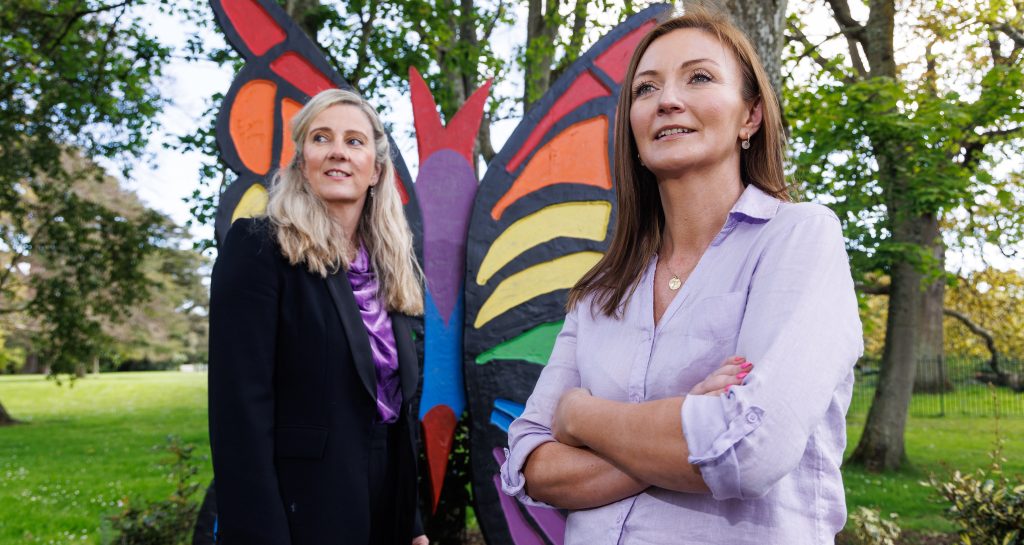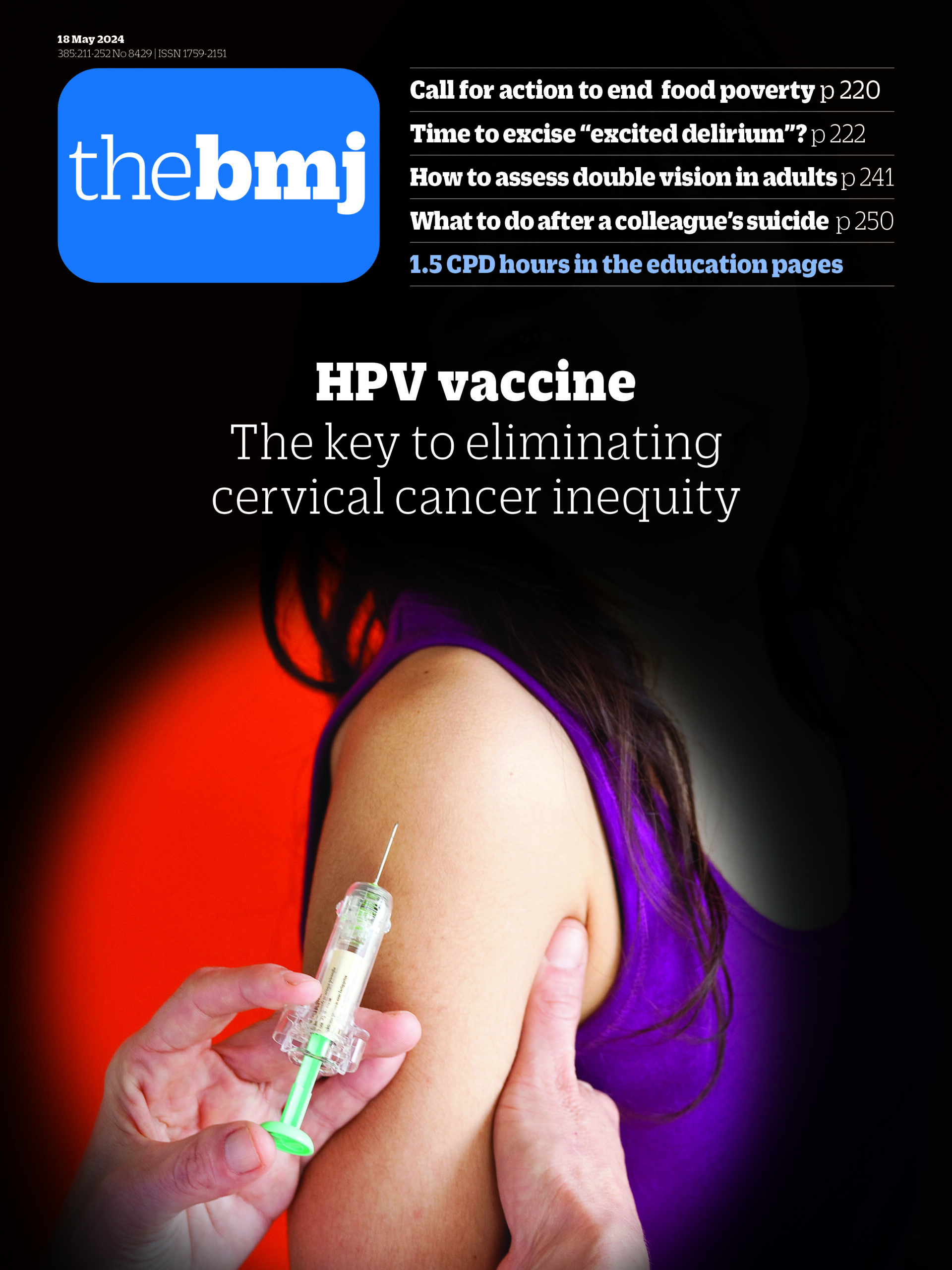Survey highlights impact of autoimmune disease on patients’ lives
Campaigners have called for greater lupus visibility as a new survey has shown how the condition affects people’s lives.
Lupus, also known as Systematic Lupus Erythematosus (SLE), is a complex autoimmune disease that is experienced differently by each person, and causes a variety of symptoms, including skin rash, joint pain, swelling and fevers.
An Arthritis Ireland online survey of 46 lupus patients conducted last year found that nine-in-ten said the condition negatively impacts physical activity and their ability to exercise. Almost seven-in-ten (69 per cent) said lupus negatively impacts their family life, and more than 70 per cent reported that the condition negatively impacts on their career, with many having to take prolonged time off work.
Respondents also indicated a negative impact on their mental health due to their disease with anxiety (57 per cent), loneliness (45 per cent) and depression (36 per cent) featuring strongly.
Arthritis Ireland chief executive Gráinne O’Leary said the results highlight the disease’s impact on day-to-day lives. “As lupus predominately affects women between the ages of 15 and 45, it can have a significant impact on fertility and on family life in general,” she added.
“There is a financial burden as well with many patients having to take time off work. At Arthritis Ireland, we provide support and resources for those living with lupus, and through this campaign are aiming to increase awareness of the condition amongst the general public.”
In Ireland, Lupus is recognised as a relatively uncommon condition, but its exact prevalence is difficult to determine due to the complexity of its diagnosis, variability of its symptoms, and lack of official data on prevalence. There is also a large unmet need in relation to effective and targeted treatments for lupus.
“While there have been significant therapeutic advances in many other immune-mediated conditions, there have been many disappointments in clinical trials for SLE,” said Prof Gráinne Murphy, consultant rheumatologist at Cork University Hospital.
“In more recent times, reassuringly, there have been some positive developments in clinical research which have led to the development of a limited number of new therapies. Unfortunately, these agents are not yet widely available, and equity of access remains an issue. There remains a significant need for more effective treatment options.”
The ‘Make Lupus Visible’ campaign is being launched today to coincide with World Lupus Day, and is being run by Arthritis Ireland and AstraZeneca. They are calling on people living with lupus or who have family with the condition to share their stories online using the hashtag #makelupusvisible.
“By sharing the stories of those living with lupus, we hope to bring better visibility to this often under recognised condition,” said Alex Wilkes of AstraZeneca Ireland. “At AstraZeneca, we are committed to supporting individuals living with lupus and we continue to advance research and innovation to improve the lives of those affected.”










